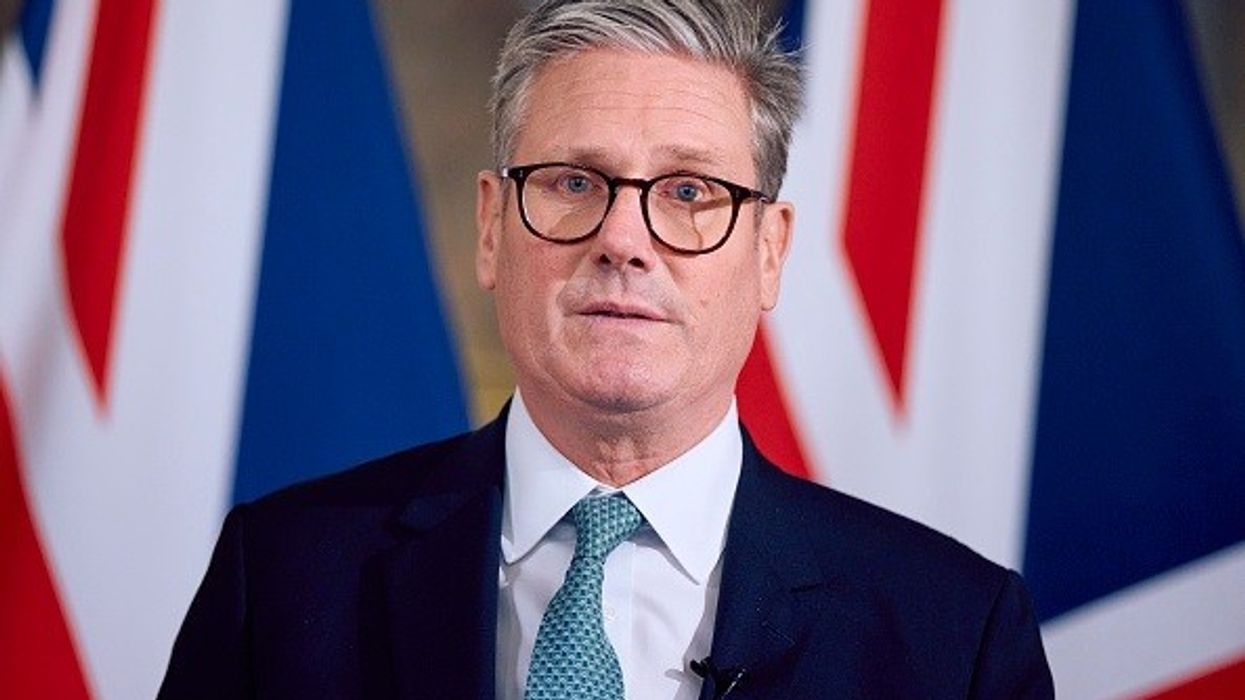By Sarwar Alam in Baku
Prime minister Sir Keir Starmer believes community pharmacy has a “vital role to play in rebuilding our NHS” with the recent announcement of record funding for the sector evident of this.
In a message to delegates at the 15th annual Sigma Conference in Baku, Azerbaijan, Starmer added the government was determined to capitalize on the clinical expertise of pharmacists in its drive to fix what he previously described as a “broken” NHS.
“This government is developing a 10 Year Health Plan to reform the NHS to make it fit for the future,” said Starmer.
“Pharmacies play a key role in enabling the shift from hospital to community and from treatment to prevention.
“We are expanding their role (community pharmacists) by accelerating the rollout of independent prescribing to support this plan.”
An estimated 33 per cent of pharmacists are currently independent prescribers and from September 2026, all newly qualified pharmacists will be independent prescribers on the day of registration.
As independent prescribers, pharmacists take pressure of GPs and A&E services by assessing and diagnosing patients and where necessary, prescribe medication for a wide range of clinical conditions, and vaccination programmes.
With more independent prescribers coming into the community pharmacy sector, NHS England plans to commission more clinical services to ensure patients have easier access to care and reduce delays in treatment.
Independent prescribing builds on the Pharmacy First scheme that was launched in January 20204 across England that enables patients to receive treatments for seven common conditions directly from a pharmacist without a GP’s appointment or prescription. These include sinusitis, sore throat, earache, infected insect bite, impetigo, shingles and uncomplicated urinary tract infections in women.
“The Department of Health and Social Care recently announced a package that will see record investment and reform in order to support the sector,” said Starmer.
“We've agreed with community pharmacy England to increase the community pharmacy contractual framework to £3.073 billion. This represents the largest increase in funding of any part of the NHS - over 19 per cent across, 2024/25 and 25/26 - which recognises that community pharmacy plays a vital role in our healthcare system.”
Starmer’s comments were heard by around 135 delegates – including influential healthcare leaders and key representatives from the pharma industry – who gathered to explore the theme of ‘The future of the NHS through integrated leadership’.
Among those in attendance was the British ambassador to Azerbaijan, Fergus Auld, who revealed there is a huge demand for UK goods and services to support the growth of Azerbaijan's fast developing health sector.

“With the government here very much focused on reform and investment, I'm proud to welcome all of you, but especially a fantastic business like Sigma to Azerbaijan for this important event and to support companies in expanding into this market,” said Auld.
“Sigma’s roots as a family run business with 45 years of history in North London, growing to hundreds of employees supplying pharmacies across the UK with high quality and well-priced products, is an inspiring story of growth in one of the UK's most important sectors.”
Sigma Pharmaceuticals was founded by Dr Bharat Shah and his brothers Manish and Kamal.

Sigma chief executive Hatul Shah said that community pharmacy is becoming “a more integrated clinical and strategic partner in NHS delivery”.
However, he stressed that community pharmacy needs a greater level of funding to meet the demands of providing more clinical services.
The pharmacy contract is still well-short of the level funding recommended by a recent independent economic analysis of community pharmacy that found that the cost of providing NHS pharmaceutical services in England equated to £5.063 billion.
The report found that almost 80 per cent of pharmacies are “unsustainable” in the short-term – this came on the back of 800 pharmacies closing in the last four years.

“The recent contract announcement confirms the move towards a service-based model is real. But let's be honest, it's happening in a climate of flat funding, rising workload and intense workforce pressure,” said Hatul.
“Over the next few days, we'll hear from people influencing the direction of NHS priorities, regulation and service expansion, but just as importantly, we'll hear from you, those delivering care in the heart of community every day.
“This conference has always been about connection and clarity. It's a space to reflect, to share practical ideas and to consider what comes next, not in theory, but in reality.
“Sigma remains committed to standing shoulder to shoulder with you, championing your voice, supporting your growth, and helping ensure that community pharmacy not only survives, but thrives.”
In his address to delegates, National Pharmacy Association (NPA) chair, Olivier Picard, described community pharmacy as “the most human profession that there is”.
As the owner of four pharmacies, Picard changed his business model from relying heavily on dispensing medicine to one that provides more services to the community it serves.

“In my opinion, it's always been about the people, it's always been about the service we offer, and it's always been about our communities. And personally, I believe in our people and I believe in community,” he said.
“I believe that when done right, pharmacy is probably the most human profession that there is.”
Picard insisted that healthcare professionals across disciplines needed to work together to ensure that the NHS can cater for the diverse needs of its patients.
“What I'm most proud of is the multidisciplinary approach that we have in our pharmacies. We work with local pharmacists, nurses, paramedics to offer a wide range of NHS and private services,” he said.
“Community pharmacy has worked hard for many years to establish themselves. We stayed open during the pandemic when so many others closed. Our future really lies at the heart of the NHS as an integrated part of offering NHS services.”












